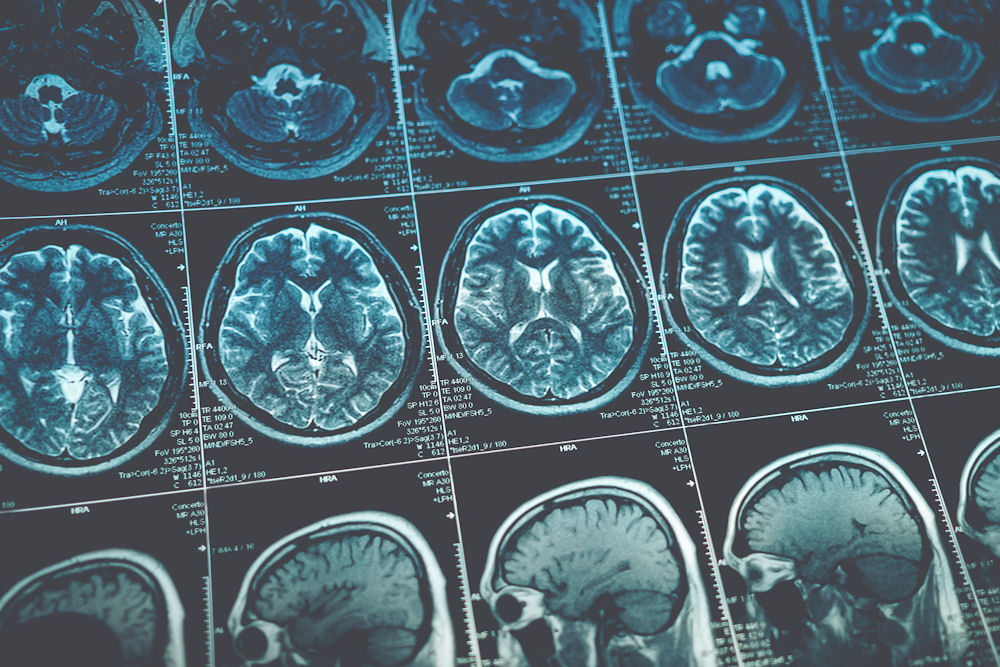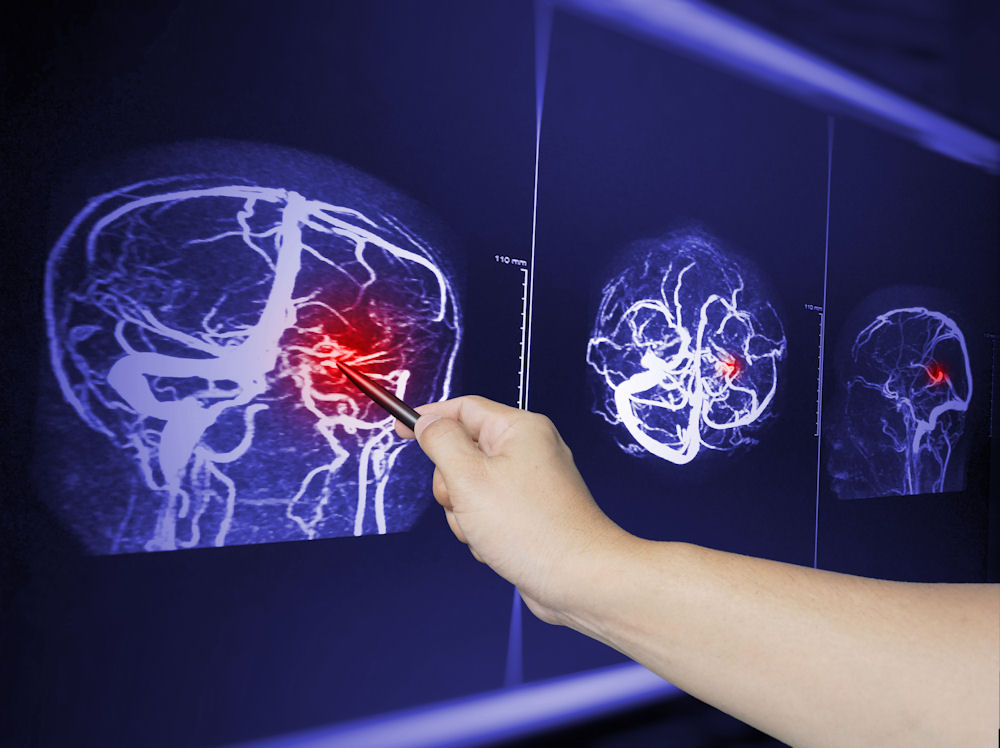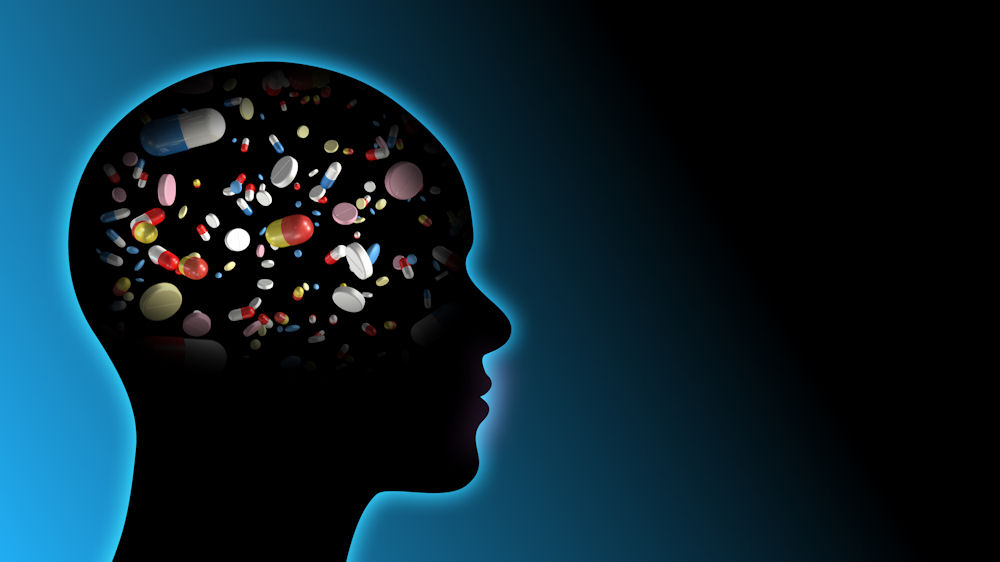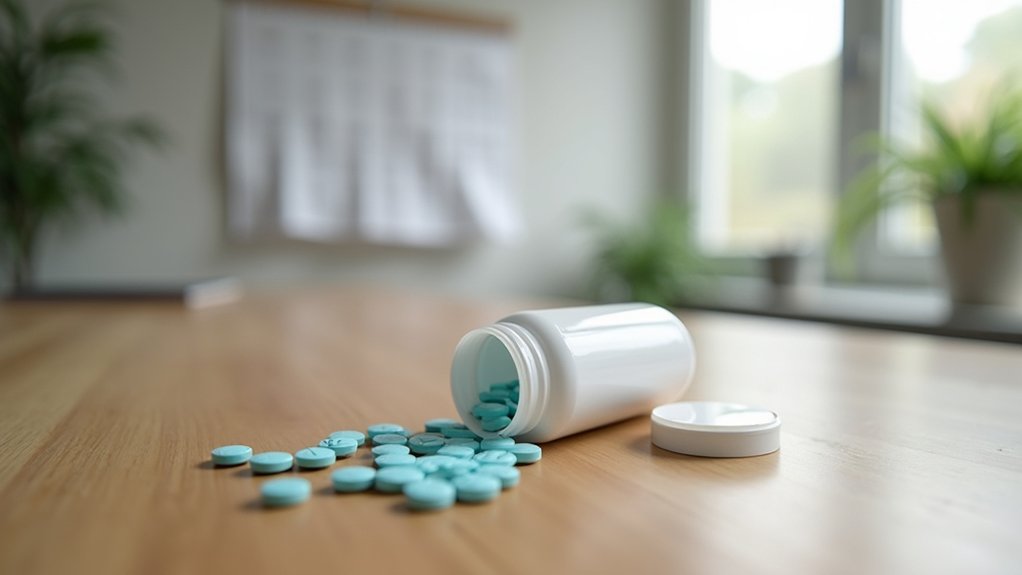How Addiction Causes Brain Damage

Without therapy, addiction inflicts lifelong brain damage from drugs and exacerbates preexisting head trauma. Reciprocally, TBI can also cause addictive habits. This is just a brief example of how traumatic brain injuries and addiction problems frequently intersect. We can help you avoid many of these long-term consequences with our full-spectrum treatment.
A large part of avoiding the harm comes from being properly informed about addiction’s long-term effects. The action you take now can aid in the reversal of some potential brain damage from drugs. Here’s everything you need to know about brain damage from drugs, and how to get all the help you need.
Which Drugs Damage Brain Cells?
Most drugs, both legal and illegal, can cause permanent damage to brain cells. Here’s an elaborate look at substances that can cause these neurological deficiencies.
Stimulants
Stimulants heighten neurotransmitter activity specifically by stimulating overwhelming dopamine and serotonin release. These effects are followed by a nervous crash that induces extreme tiredness and depression, among other side effects, after the fact. Prolonged exposure to these abuses is what leads to damaging these brain cells and their associated functions. What’s worse is that our brain develops a synthetic craving for these harmful substances that are irresistible without professional care.
Opioids
Opioids are a central nervous system depressant that inflicts serious and long-term neurologic defects, including permanent cell damage. Each time opioids are used, your central nervous system is induced into a deep calm. This depresses respiratory functions, reducing your body’s supply of oxygen to the brain and other vital organs. Persistently exposing your brain to these oxygen-suppressing effects kills brain cells that cannot replicate themselves.
Alcohol
Contrary to the public perspective, alcohol is, in fact, a drug. Though it may not directly kill brain cells, its long-term effects on brain functions do lead to permanent brain and cell damage. To elaborate, its suppressive effects on neuronal communication and cognitive functions can permanently decline. Put simply, enough alcohol can permanently inhibit your brain’s ability to communicate with other neurons and perform simple functions. This means permanently reduced reflexes and cognitive abilities over time.
Prescription Drugs
Hallucinogens
While hallucinogens may not directly kill brain cells, their mental and visual distortion have lasting effects on brain cell health. Put simply, when your mind is repetitively exposed to mind-altering compounds, it permanently alters brain chemistry that affects visual perception. This means a person with hallucinogen-induced damage will experience frightening hallucinations even when they are not under the influence. Some of these effects may or may not be reversible depending on the severity inflicted on your neural pathways.
Is There a Connection Between TBI and Addiction?
Traumatic brain injuries, or TBIs for short, have a well-documented history that directly correlates with developing an addiction. While addiction alone causes brain damage from drugs, very few people are aware that the reverse is just as probable. For a more in-depth look at how TBI leads to addiction and vice versa, consult the following section.
Risk Factors of a Substance Abuse Problem after a TBI

Traumatic Brain Injuries not only have the potential to cause and worsen mental health disorders. They also pose a danger to developing addiction due to their profound impact on altering your brain’s genetic structure. Bearing that in mind, seek help if you fall under any of the following TBI-induced risk factors for developing addiction.
- Preexisting substance abuse: Of course, those who already had a problem before their injury are more susceptible to worsening their substance use. Be on high alert against substance use after acquiring a TBI, as studies see a disturbing uptick in dependency after the fact.
- TBI-related medication prescriptions: It’s common for a doctor to prescribe painkillers or other medications to help aid your recovery. The problem is that the added time for recovery in conjunction with medication poses a risk of developing addictions to these medications.
- Family history: individuals with a family history of addiction or especially prone to substance abuse following a traumatic brain injury. This is also the case even if you have no prior history of substance use.
- Post-traumatic anxiety or depression: It’s very likely to have elevated anxiety or depression symptoms after a significant head injury. As a result, many turn to drugs or alcohol to cope with their underlying trauma. Get help now if this or any of the other risk factors describe you.
What Occurs During a TBI Incident?
In the heat of the moment, a traumatic brain injury occurs anytime the skull withstands significant pressure or duress. This isn’t solely designated to just the impact of the skull against another object. A TBI has an equal chance of occurring from abnormal or violent jostling of the head that causes the brain to move inside the skull. The latter description induces concussions, cerebral hemorrhaging, and other brain traumas. Our treatment specialist will help you assess, treat, and heal from any mental health issues.
What Transpires Following a TBI Incident?

As equally important as what happens in the heat of the moment are the after traumas and effects of the initial incident. A doctor will keep you under in-bed medical observation to monitor and treat any of the following potential after-effects of a TBI.
Internal Brain Hemorrhaging
Brain hemorrhaging is a life-threatening occurrence that is often not perceivable to the naked eye. However, there are some symptoms, such as bleeding from the ears and nose, that can be an indication. Yet, in many cases, hemorrhaging may not occur immediately as it is a common after-effect of the initial injury. In such cases, there’s an increased likelihood of suffering some form of permanent brain damage.
Cranial Swelling
When the brain has endured a blunt impact, these bruises induce significant swelling around the affected regions. However, with any impact injury, swelling is not an immediate occurrence, but a gradual expansion that increases over time. The extent of this swelling is dependent upon injury severity. It’s of the utmost importance for doctors to monitor this to relieve any concurrent skull or brain pressure that results from cranial swelling.
Oxygen Deficient Reactions
In some cases, the brain can be so severely damaged that it ceases to receive the oxygen supplements required to perform vital functions. This means your brain and other vital organs become oxygen-deprived to the point where these functions cease to operate. Without proper medical care, this leads to organ shutdown and failure.
Mental Trauma
After a traumatic brain injury, it’s not just the physical impact that can take a toll. The psychological after-effects are just as scarring on an individual’s psyche. This leads to an increased risk of developing mental conditions like post-traumatic stress disorder, depression, or other anxiety-related mental conditions. The worst part is that many people go on with mental conditions without realizing they’ve acquired one. This is why it is vital to get a mental health assessment following any traumatic injury or life occurrences.
Addiction Treatment Options for People with TBI

Therapy for addiction with underlying TBI requires a very personalized approach to maximize efficacy. In accordance, here are the most effective addiction treatment options for TBI sufferers.
Medical Detox
People who have recently had a traumatic brain injury usually suffer exacerbated withdrawal symptoms, making recovery that much more difficult. Thankfully, our medical detox programs alleviate most of those symptoms significantly. We specialize in making your detox and recovery journey an enjoyable one, even throughout the most difficult body cleansing process.
Individual Therapy
Individual treatment involves personalized coaching and one-on-one treatment with a therapeutic specialist. These sessions help you sort out any underlying causes or triggers and offer proactive solutions to combat these triggers. The strict confidentiality of these treatment meetings is also a very appealing attribute of individual therapy that encourages patients to open up to their therapist. Together, we’ll help you overcome any mental health or addiction obstacles.
Dual Diagnosis Treatment
Dual diagnosis treatment is specifically for individuals who possess multiple addictions or mental disorders simultaneously. For TBI sufferers, dual-diagnosis treatment enables healing for those with an addiction disorder and a mental health condition associated with TBIs. If you have a co-occurring disorder stemming from brain damage from drugs or TBIs, this may be your best option. Get the best, well-rounded therapy to treat multiple conditions by reaching out to Immersive Recovery today.
Family Treatment
Addiction and traumatic brain injury-related circumstances don’t just affect you. They affect the entire family. Therefore, family therapy may be a necessary option to help your family unit heal together. This helps you understand addiction and TBI from one another’s perspective. As a result, this enables your family to grow closer en route to sobriety and mental independence.
Immersive Recovery Can Help You Recover from Addiction
Whether you have brain damage from drugs or a pre-existing traumatic brain injury, we have personalized programs for you. At Immersive Recovery in Encinitas, CA, we’re longing to show you the way to a better quality of life. Begin your journey towards liberating yourself from addictive and mental strongholds by contacting us today.





